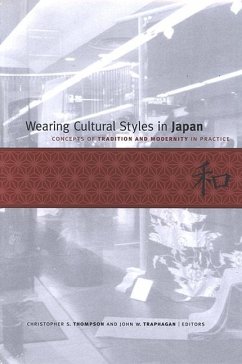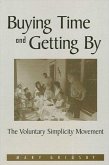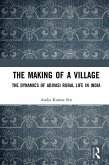This groundbreaking collection examines the regional dynamics of state societies, looking at how people use the concepts of urban and rural, traditional and modern, and industrial and agricultural to define their existence and the experience of living in contemporary Japanese society. The book focuses on the Tohoku (Northeast) region, which many Japanese consider rural, agrarian, undeveloped economically, and the epitome of the traditional way of life. While this stereotype overstates the case-the region is home to one of Japan's largest cities-most Japanese contrast Tohoku (everything traditional) with Tokyo (everything modern). However, the contributors show how various regional phenomena-internationalization, lacquerware production, farming, enka (modern Japanese ballads), women's roles, and professional dance -combine the traditional, the modern, and the global. Wearing Cultural Styles in Japan demonstrates that while people use the dichotomies of urban/rural and traditional/modern in order to define their experiences, these categories are no longer useful in analyzing contemporary Japan.
Dieser Download kann aus rechtlichen Gründen nur mit Rechnungsadresse in A, D ausgeliefert werden.









